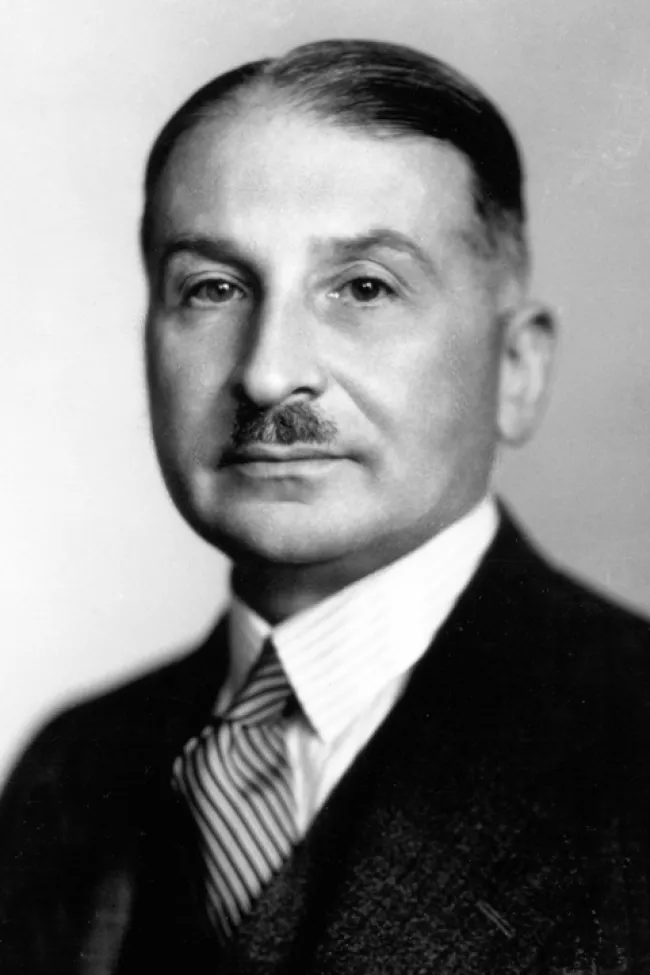In 1958, the Mont Pelerin Society was entering a difficult period in which its intellectual lights were drifting away from liberalism of the old school. Ludwig von Mises used his speech that year to explain why this was a terrible trend. He didn’t rebuke anyone. What he did was back away from the events of the day to provide a sweeping reconstruction of economic history from the ancient world to the present. He provided a model of how to think outside one’s own generation to understand the really big issues and the moral and practical urgency of embracing total freedom.
The result is an essay for the ages. It is profound, visionary, and compelling beyond belief. Would that every undergraduate, or even citizen, read this piece. In here, Mises describes the revolutionary meaning of capitalism in human history, and how it was responsible for the most spectacular increases in the standard of living of the common man ever. It was mass production that lead people to live longer, healthier, and happier lives.
Contemporary reports from the event in which he delivered this paper suggest that the people there were uninterested in Mises’s point of view, but this is much to their shame. For what he left us with remains one of the most dazzling presentations of the case for economic liberty ever written. It is the perfect combination of high intelligence, vast historical understanding, and moral passion.

No content found

Ludwig von Mises was the acknowledged leader of the Austrian school of economic thought, a prodigious originator in economic theory, and a prolific author. Mises’s writings and lectures encompassed economic theory, history, epistemology, government, and political philosophy. His contributions to economic theory include important clarifications on the quantity theory of money, the theory of the trade cycle, the integration of monetary theory with economic theory in general, and a demonstration that socialism must fail because it cannot solve the problem of economic calculation. Mises was the first scholar to recognize that economics is part of a larger science in human action, a science that he called praxeology.
(1991) Two Essays by Ludwig von Mises, Auburn, AL: Ludwig von Mises Institute, pp. 15-46.
(1991) Two Essays by Ludwig von Mises, Auburn, AL: Ludwig von Mises Institute, pp. 15-46.

